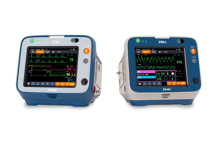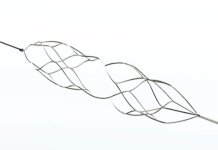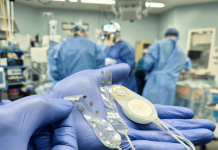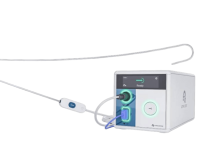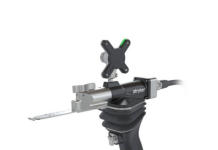RadNet, a DeepHealth company, has acquired See-Mode, an artificial intelligence (AI)-based ultrasound imaging developer.
The US company’s acquisition, the terms of which have not been publicly disclosed, will provide it with ultrasound provisions for the detection of thyroid cancer.
See-Mode’s AI software uses single or multinodular thyroid ultrasound images to detect nodules and produce standardised reports. The software automatically classifies nodules in accordance with the American College of Radiology’s (ACR) Thyroid Imaging Reporting and Data System (TI-RADS).
Related: Highridge Medical sells Bone Healing unit to Avista
Research indicates that thyroid cancer is one of the fastest developing cancer diagnoses globally. Alongside breast cancer, women are most often affected by the disease.
See-Mode’s AI-powered thyroid ultrasound analysis system, which gained US Food and Drug Administration (FDA) clearance in September 2024, has demonstrated a 30% reduction in scan time as a result of increased workflow efficiency, said Dr Howard Berger, president and CEO of RadNet.
“Due to the inherent complexity of radiology and user and radiologist-dependent expertise, the opportunity to improve care through AI is significant.
“With demand exceeding available appointment slots for many of our over 900 ultrasound units, the increase in capacity created by See-Mode’s technology should improve our ability to drive better access and more revenue through RadNet’s existing centres.”
Various research indicates that there is a growing shortfall in radiologists that is set to worsen in the coming decades, making AI a compelling prospect in mitigating the shortfall by helping drive efficiencies through automation.
A report by the Association of American Medical Colleges (AAMC) forecasts that the radiologist shortfall in the US could reach almost 42,000 by 2036. In the UK, a 2023 report by the Royal College of Radiologists (RCR) found that the country currently has a 30% shortfall in radiologists that is forecast to rise to 40% by 2028 unless meaningful action is taken.
RadNet intends to expand the efficiencies the See-Mode acquisition will help drive across other imaging modalities including breast cancer screening in its more than two million annual ultrasound studies, Dr Berger added.
According to GlobalData analysis, the global ultrasound market is forecast to reach a valuation of almost $12bn by 2024. To consolidate its market dominance in the space, GE HealthCare is also continuing to implement AI into its ultrasound provision in order to drive efficiencies.
